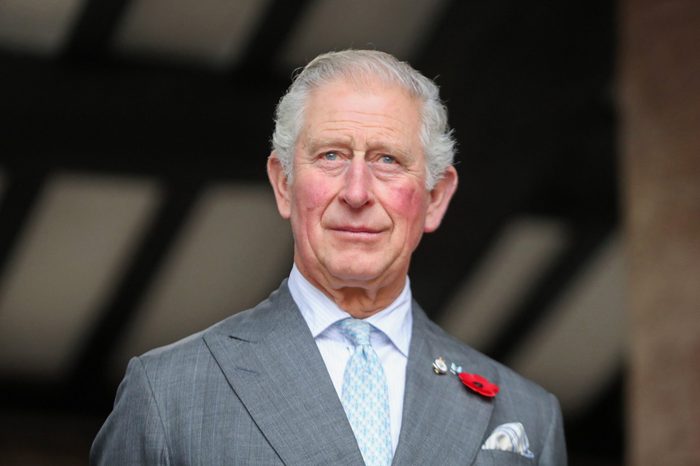
Editor’s note: Queen Elizabeth II, Britain’s longest-reigning monarch, who sat on the throne for 70 years, has died at 96 years old. In a statement on Sept. 8, 2022, the Royal Family website writes, “The Queen died peacefully at Balmoral this afternoon. The King and The Queen Consort will remain at Balmoral this evening and will return to London tomorrow.” The Reader’s Digest team sends condolences to the royal family and all of Britain at this time as we honor her life and legacy.
Long live the king
With the passing of Queen Elizabeth II, the crown has passed to her heir. The former Prince of Wales is now King Charles III. In a statement released on Sept. 8, 2022, the new king said, “During this period of mourning and change, my family and I will be comforted and sustained by our knowledge of the respect and deep affection in which The Queen was so widely held.”
Unlike his mother, who unexpectedly became queen at just 25 years old when her father, King George VI, died suddenly, 73-year-old Charles has spent his entire life in preparation to wear the crown. Here are some other things you didn’t know about Charles: He’s the longest-waiting heir apparent, and he’s the oldest British monarch to ever take the throne. Also, find out more about King Charles’ birthday.
That’s because Queen Elizabeth II lived to be 96 years old, but while she was the longest-reigning British monarch, she wasn’t the only royal to reach such an old age. Her father may have died young, but longevity runs in the royal family: Her mother lived to the age of 101. Find out- where is Queen Elizabeth buried?
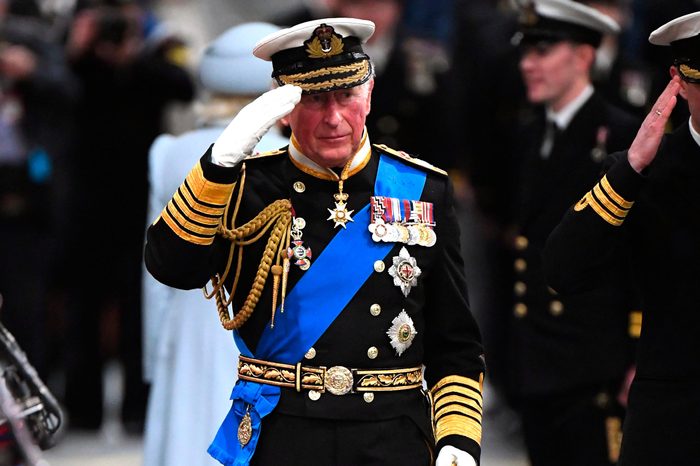
Formal ceremonies will proclaim Charles king
At the moment of the queen’s death, Charles officially became king. To formally recognize the transition and proclaim Charles as the monarch, an “Accession Council,” consisting of the group of advisors to the sovereign known as the Privy Council, will convene at St. James’s Palace in London. The king will then take an oath to, interestingly enough, preserve the Church of Scotland (this is because the sovereign is only the head of the Church of England, not the Presbyterian Church of Scotland). Parliament will be recalled so its members can take oaths of allegiance.
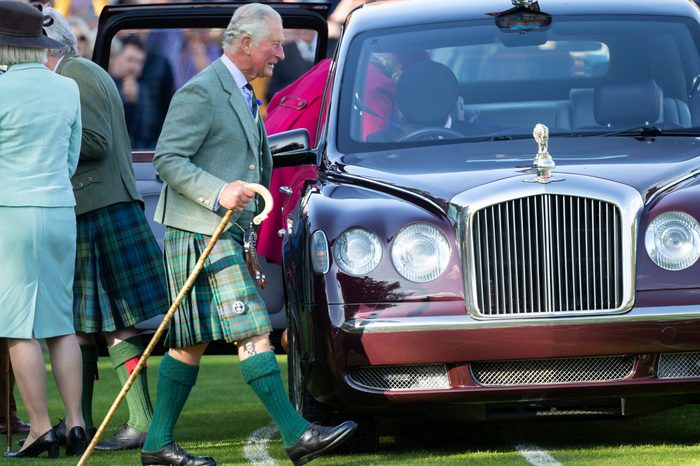
Charles is now King Charles III
“Charles” was an interesting choice for Elizabeth to name her future heir because the first two King Charleses are associated with the 17th-century English Civil War, when the monarchy was ousted for the first and only time in British history. Charles I was beheaded, although Charles II was eventually restored to the throne and well liked.
In another notable decision, Elizabeth kept her given name when she became queen, which was unusual: Most other British monarchs change their names upon taking the throne. Queen Victoria’s first name was Alexandrina, for example. It seems Charles has taken after his late mother.
While Charles had the option of choosing one of his middle names, he took a page from his mother’s book and retained Charles as his name as king. Of course, it doesn’t hurt that he’s been known by the public as Prince Charles for more than seven decades.
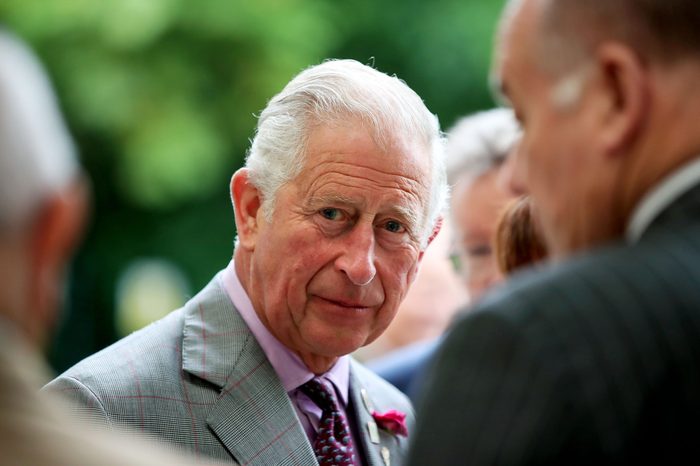
Charles may change one of his titles
He may have kept his first name, but Charles may change other parts of his title now that he’s king. His mother’s full title was “Elizabeth the Second, by the Grace of God, of the United Kingdom of Great Britain and Northern Ireland, and of Her other Realms and Territories Queen, Head of the Commonwealth, Defender of the Faith.”
That’s a mouthful, but there’s one part of it—one little word, actually—that Charles has an issue with. “Charles has taken a strong interest in interfaith dialogue, and there has been speculation that he would prefer the title of Defender of Faiths, or Faith, rather than Defender of the Faith,” says Carolyn Harris, PhD, a historian and author of Raising Royalty: 1,000 Years of Royal Parenting.
Charles has since rolled back his initial statements on the wording, though. “I said I would rather be seen as Defender of Faith all those years ago because … I mind about the inclusion of other people’s faiths and their freedom to worship in this country,” he told the BBC. “And it always seems to me that while at the same time being defender of the faith, you can also be protector of faiths.”
Charles does have a say in the wording, according to University College London, so we’ll have to wait until his coronation to see what he finally settles on. Here’s more on how the most famous royals got their titles.
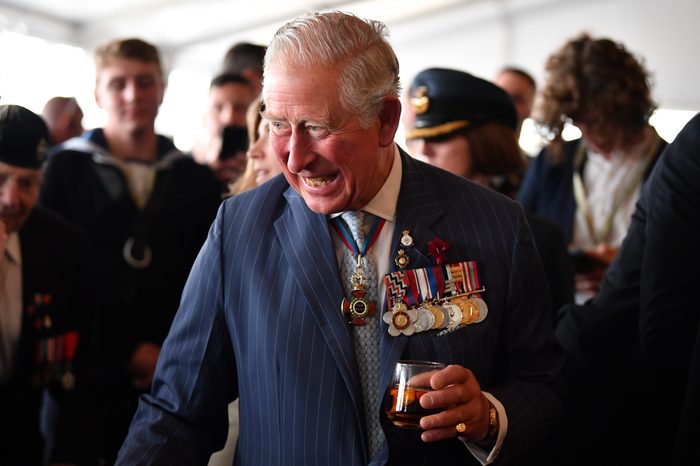
The coronation may be different
The coronation, Harris says, is a religious ceremony, and Charles may engage in this ritual as well. The Archbishop of Canterbury traditionally presides over the ceremony at Westminster Abbey, and it takes place several months after the last monarch’s death to allow for a period of mourning. In the service, the new sovereign takes the coronation oath (which includes a promise to maintain the Church of England) and is “anointed, blessed and consecrated by the archbishop,” the royal family’s official website says.
But what about Charles’s ceremony? “The coronation will continue to be an Anglican service, but finding a place for other Christian denominations and other religions, as happened at the royal wedding [of Prince Harry and Meghan Markle],” University College London’s Constitution Unit says. “Such people may be invited to give readings; and religious leaders other than Anglicans are likely to be seated prominently, as happened at the queen’s Diamond Jubilee service at St. Paul’s in 2012.” As a bonus, this is what Camilla’s coronation crown will be.
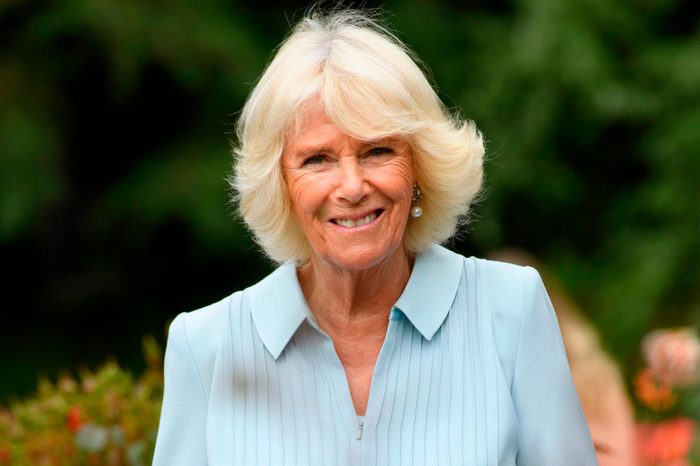
Camilla may be queen
Although it didn’t always seem likely, the current feeling among royal watchers is that Camilla will be named Queen Consort. “The longer the couple is married before Charles’s ascension to the throne, and the greater Camilla’s public profile, the more likely she is to be formally styled queen when Charles becomes king,” Harris says.
Elizabeth herself supported this title. “When, in the fullness of time, my son Charles becomes king,” the queen said, “I know you will give him and his wife, Camilla, the same support that you have given me.” Further, “it is my sincere wish that, when that time comes, Camilla will be known as queen consort as she continues her own loyal service.”
It’s likely Charles will heed his mother’s wishes.
Why was the title of Queen Consort in question? It had to do with her choice of title when Charles was the crown prince.
“As the wife of the Prince of Wales, Camilla is entitled to be Princess of Wales, but she instead uses another one of her titles—Duchess of Cornwall—as the title of Princess of Wales was closely associated with Prince Charles’s first wife, Diana, Princess of Wales,” Harris says. “Camilla’s use of a secondary title prompted speculation at the time of her marriage to Charles that she might be styled Princess Consort instead of queen when Charles becomes king.” But particularly as her popularity increases, this seems less likely now.
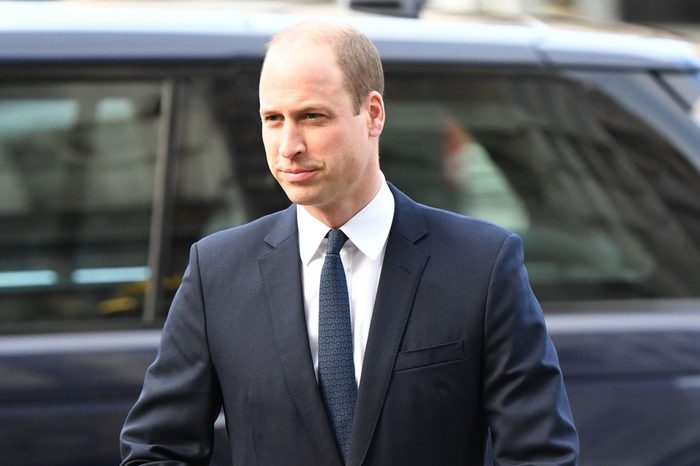
All eyes will be on Prince William
With Charles the new king, Prince William (the queen’s third-eldest grandchild) will take on new titles, including the traditional styling given to the king-in-waiting. “William becomes Duke of Cornwall when Charles becomes king and will be invested [formally named] as Prince of Wales,” Harris says.
But that’s not the only way William’s role will change: Because his father is already at an advanced age, it might not be long before Prince William takes the throne himself. “There will be a lot of public interest in William and Catherine, the Duke and Duchess of Cambridge, and how William will be preparing to eventually assume the throne,” Harris says.
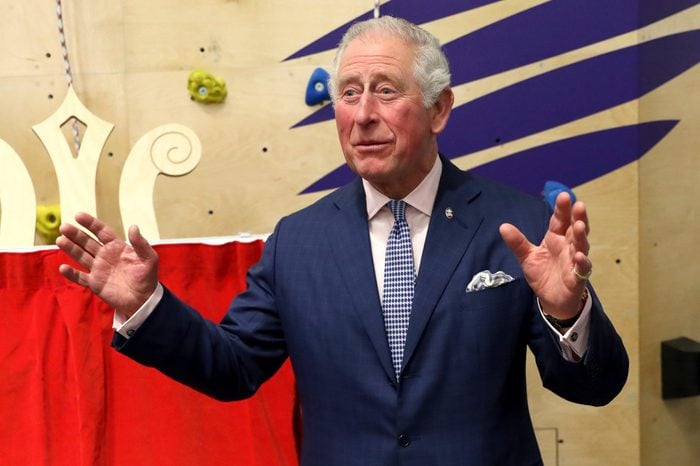
Charles will likely be a more outspoken monarch
The sovereign is supposed to be above politics, but Charles is actually somewhat of a rebel in his tendency to express his views on social and environmental issues.
“In contrast to the queen, who [was] careful to avoid expressing strong opinions in public—and instead encouraged the people she met at garden parties, receptions and walkabouts to speak about their own experiences—Charles is known to hold firm opinions on a variety of subjects, including organic farming, architecture and sustainable development,” Harris says. “Climate change and environmental conservation are key political issues in the 21st century, and Charles will certainly not be seen as an impartial figure on these subjects, as his views are well-known.”
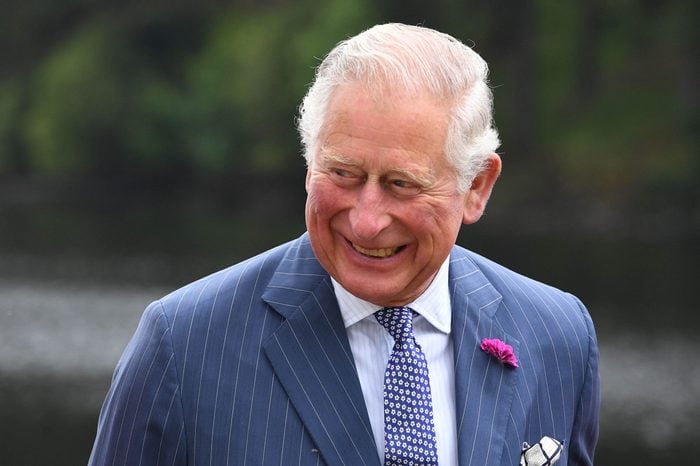
But he may temper his opinions
Charles noted in a 2018 BBC interview, though, that his vocal manner will be toned down as king. “The idea, somehow, that I’m going to go on in exactly the same way if I have to succeed, is complete nonsense,” he said. “I do realize that it is a separate exercise, being sovereign.”
But he also expressed that the line between charitable works and “meddling” in politics isn’t always clear—for example, when he created the Prince’s Trust in 1976 to help underprivileged youth. “I’ve always been intrigued if it’s meddling to worry about the inner cities as I did 40 years ago,” he said. “If that’s meddling, I’m very proud of it.”
Plus, the king’s candidness may only be unusual when compared with his late mother. “Queen Elizabeth II has reigned for such a long time that her approach to her duties has become synonymous with constitutional monarchy in the popular imagination—her predecessors sometimes expressed open political opinions, but the queen has been careful to remain above politics in the United Kingdom,” Harris says. Even so, “Charles will likely moderate his own approach to public duties to follow the queen’s example, as the public expects the monarch to remain above politics.”
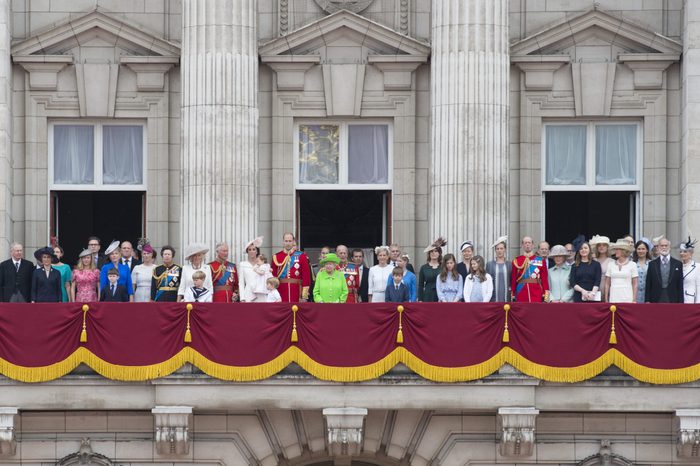
The monarchy may shrink
Here’s another change Charles reportedly will institute that has had royal watchers buzzing: He may trim down the monarchy in terms of the number of royals actively carrying out official responsibilities.
“Charles favors a more streamlined royal family with fewer people undertaking public duties,” Harris says. “In the queen’s reign, her cousins the Duke of Kent, the Duke of Gloucester and Princess Alexandra [undertook] public duties, and the entire extended family [gathered] for pre-Christmas lunch and at Trooping the Colour in June. In Charles’s reign, there will be a strong focus on the monarch’s immediate family—his sons, daughters-in-law and grandchildren—and less of a public role for the extended royal family.”
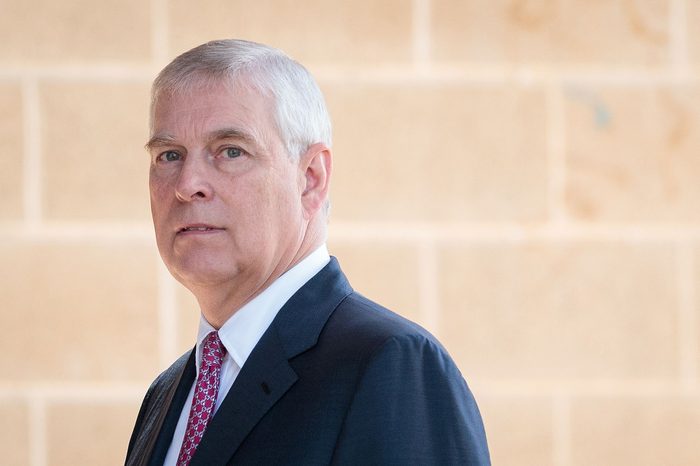
Charles’s brother may get the ax as well
The notion of trimming down the monarchy gained steam after the queen’s second son (and Charles’s brother), Prince Andrew, gave a disastrous interview about his friendship with convicted sex offender Jeffrey Epstein. The brothers had reportedly already been on the outs over the idea of a streamlined monarchy since 2012, when only Charles’s family stood on the Buckingham Palace balcony following the queen’s Diamond Jubilee.
In the wake of this public royal scandal, Prince Andrew made the announcement in 2019 that he would “step back from public duties for the foreseeable future.” In January 2022, he was stripped of his military affiliations and royal patronages and faced a sexual assault civil lawsuit in the United States, which was settled out of court in February 2022. This means he will no longer be called His Royal Highness, although he still has the title of Duke of York.
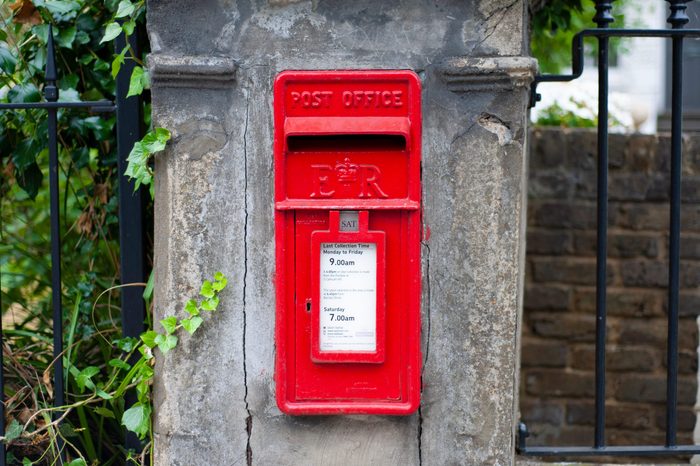
Britain’s sights and sounds will be different
In accordance with the normal changes that occur when a new British monarch takes the throne, certain differences will be apparent in the United Kingdom—including the wording of the national anthem. Instead of “God Save the Queen,” the anthem will be sung, “God Save the King.” The royal family’s official website states that although there’s no authorized version of the national anthem, its “words are a matter of tradition … substituting ‘Queen’ for ‘King’ where appropriate.”
In addition, the royal cypher (basically a fancy monogram), which appears on England’s iconic red postal boxes, will change from “ER” for “Elizabeth II Regina” to the new royal cypher. The Postal Museum notes that this will only happen when new postal boxes are added; old ones won’t change. In addition, new stamps and banknotes will bear the king’s likeness.
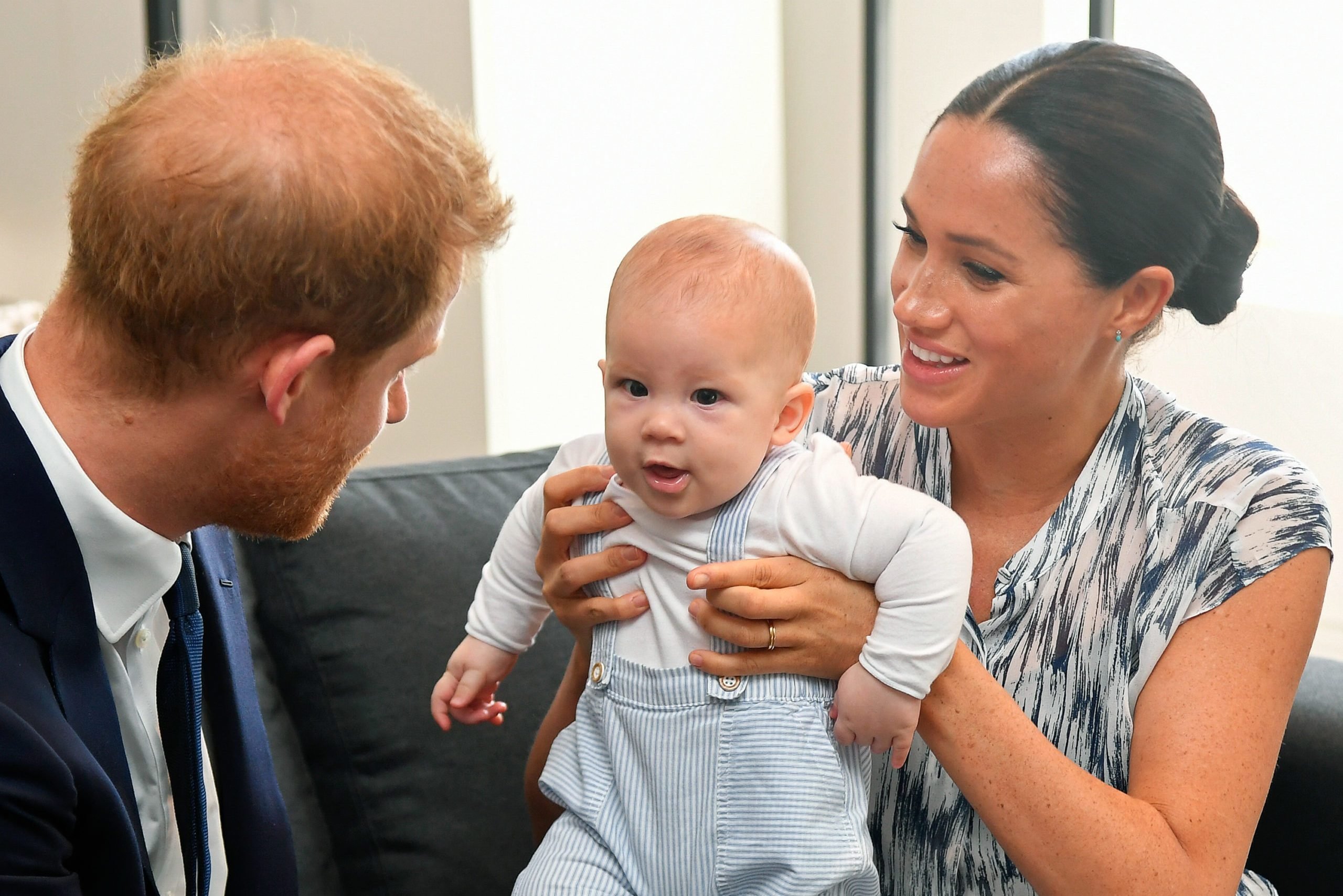
Archie and Lilibet may finally get titles
Son of Prince Harry and Meghan Markle, Archie Harrison Mountbatten-Windsor is seventh in line to the British throne—and his younger sister, Lilibet Diana Mountbatten-Windsor, is eighth in line. As we learned in the interview between Prince Harry, Markle and Oprah Winfrey, Archie is currently not considered a prince and doesn’t have a title like his first cousins. The same is true for Lilibet.
This may change now that Charles is king. Archie may be able to use the title of prince and Lilibet the title of princess. This would be because Harry’s children will have moved up from being the monarch’s great-grandchildren to the monarch’s grandchildren.
Sources:
- Carolyn Harris, PhD, historian and author of Raising Royalty: 1,000 Years of Royal Parenting
- The Royal Family Instagram: “A Statement from His Majesty the King at the Time of the Queen’s Death”
- Royal.uk: “The Royal Family”
- The New York Times: “In Prince Andrew Scandal, Prince Charles Emerges as Monarch-in-Waiting”
- Daily Mail: “Charles the Prince Regent? Amid major palace shake-up, is the Queen preparing to ‘abdicate’ and make Charles the king in all but name?”
- The Constitution Unit: “Planning the next Accession and Coronation: FAQs”
- The Guardian: “Prince Charles expresses alarm about radicalisation in Britain”
- BBC: “Prince Charles won’t speak out when he becomes king”
- BBC: “Prince Andrew: Who is he and what titles is he losing?”
- The Postal Museum: “Spotting a Royal Cypher”
- People: “Baby Lilibet and Archie Will Inherit ‘Princess’ and ‘Prince’ Titles When Charles Becomes King”
